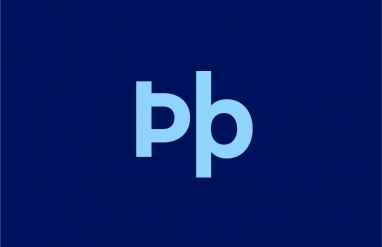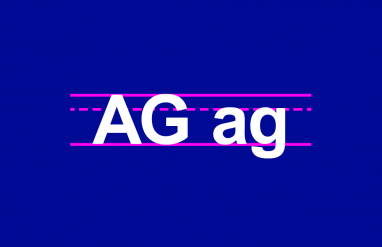By Ashley Austrew, Journalist and Writer
Spring has arrived. The birds are singing, the flowers are blooming, and the due dates for those all-important end-of-term assignments are fast approaching. So far, we’ve provided some tips on getting ready for final exams and acing those final papers, but what if you’re taking a class that requires a final project?
The scope of a final project is much larger than a final exam or term paper, and they typically require even more planning and preparation. The assignment for a final project will look different depending on what class you’re taking, but you might be asked to prepare:
- A PowerPoint, poster, or other multimedia presentation
- A monologue, solo, or creative performance
- An original design
- An experiment, model, or unique product or invention
- A volunteer or service project
While these larger projects can seem overwhelming at first, a final project is your opportunity to demonstrate application and mastery of the skills you’ve been learning all semester (or even all year!) long. It’s never too early to get started, so here are some tips to help you choose the perfect topic, plan out your workload, and cruise ahead to the end of the school year without breaking a sweat.
Get to know the final assignment
You can rest assured that your teacher will provide all the basic requirements for your end-of-term projects, but there are some important details you’ll want to look out for ahead of time:
✅ When is the project due? Write it down, set a reminder in your phone—whatever it takes to lock that date into your brain.
✅ Is this a solo project or a group project?
✅ What specific lessons or concepts should be applied in this project?
✅ What is required in order to achieve the highest grade?
Don’t hesitate to schedule a time to discuss expectations with your teacher or professor if you have any questions. Getting their input on your ideas can be the difference between an A-plus and a B.
Choose your project topic wisely
Some teachers may assign topics to each student, but if they don’t, you’re in the driver’s seat, and it’s important to choose a topic that demonstrates your strengths. Make a list of ideas, then ask yourself:
✅ What topic is most interesting to you? If you’re in college, what topic relates most closely to your field of study?
✅ What topics are other people likely to choose? You want to pick something that sets your project apart.
✅ What topic will have the most impact, offer a unique solution to a problem, or provide a new way of looking at some element of what you’ve learned about in class?
Do the behind-the-scenes work in advance
Working on your project will go much more smoothly if you’ve done your homework ahead of time. This means reading existing research related to the topic of your project, gathering the supplies you need to complete your project, and making sure you have access to any software or online research materials you might need.
If you’re doing a group project or completing a project that requires interviews or volunteer hours, immediately get to work on ironing out those details. You need to know ahead of time when you’ll be meeting with group members, volunteer organizations, or interview subjects. If you’re working on a group project, you should also plan out who is responsible for each element of the project and what each member is going to contribute.
Practice, practice, practice the presentation
Most final projects require some element of performance or presentation. Make sure you have time to practice this ahead of time! Here are some things to look out for:
✅ Does it work? This may seem obvious, but if you’re creating something that needs to function on command, test it more than once to make sure everything is working properly. You don’t want any surprises on the big day.
✅ How long does your presentation last? If there’s a time requirement, time yourself to make sure you meet it.
✅ If it’s a group project, what is each person saying and doing? Make a script.
✅ Do you have any music or visual elements that need to be lined up? Plan out how these elements will be used in your final presentation ahead of time.
Make a final project checklist
Have all the elements of your project packed up the night before it’s due so there’s no early morning rush to get everything in order. Make a list of everything you need to bring with you for your project presentation. Don’t forget:
- Media elements, like music or video that you may need to access during your presentation.
- Batteries, chargers, and other small items that may get accidentally left behind.
- Props or costume items.
- Visual aids, such as poster boards, written handouts, or printed photos.
Lastly, if your project requires a final paper or written explanation to go along with it, make sure that is completed in advance and packed up along with the rest of your supplies. On the project due date, you want to be able to simply grab your project and go!
While a final project is a major task, it helps to look at it as an opportunity. It’s a chance to show off your knowledge and unique skills, and it’s one of very few opportunities you get to show your teachers and professors more about who you are and what makes you tick. With a little extra planning and a lot of attention to detail, the final project will easily help you grow as a student and end this school year on the best possible note.
Ashley Austrew is a freelance journalist and writer from Omaha, Nebraska. Her work has been published at Cosmopolitan, Scary Mommy, Scholastic, and other outlets. For more by Ashley, read: “Teacher” vs. “Tutor”: Why Most Kids Need Both | Leave The Best Impression With Our Tips For National Proofreading Day | Make Your Writing The Star Of National Grammar Day With These Tips














